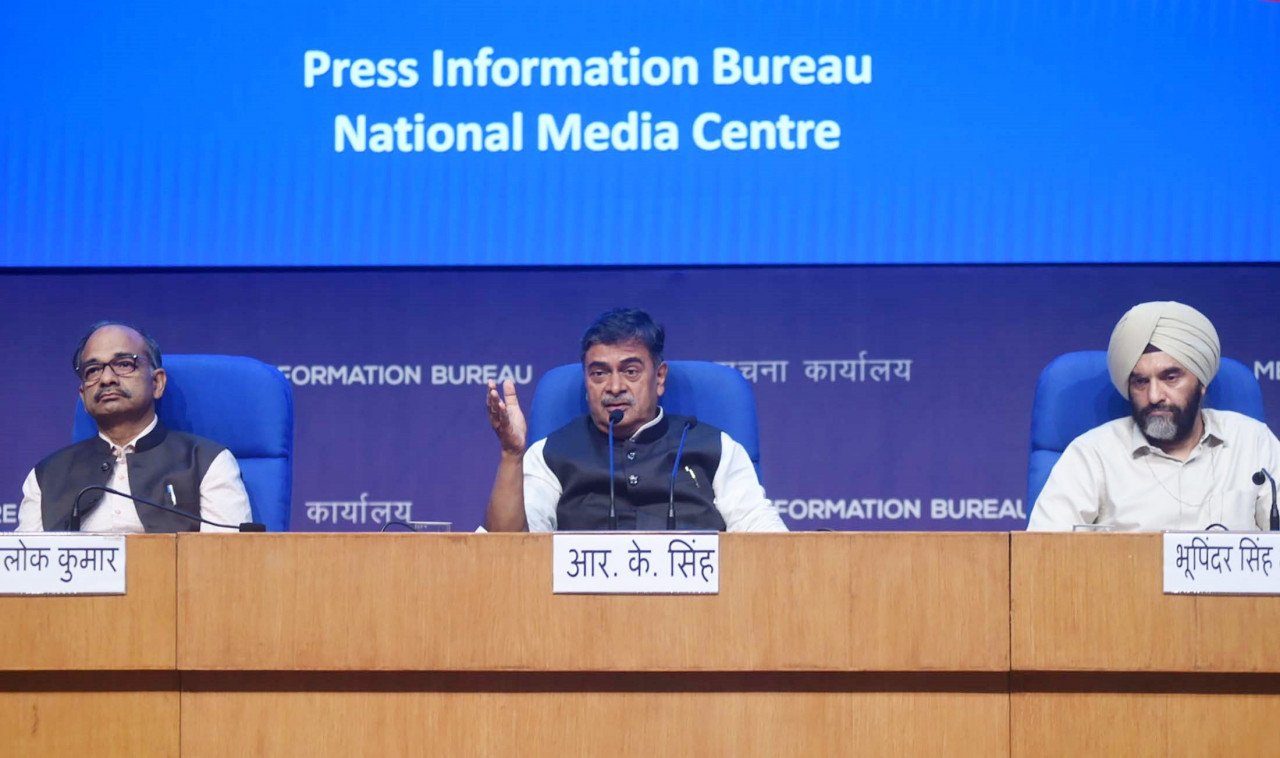India unveils new, solar-centered electricity tariff from April 2024, says carbon market rules soon
India plans to rework electricity rates as part of the government's efforts to increase the use of renewable energy, the power ministry said, unveiling new amendments to electricity rules.
The country will shift to a time-of-day tariff regime from April 2024 for commercial and industrial customers, and from April 2025 for all consumers expect farmers. Electricity rates will be 10-20 percent lower during hours of solar generation but 10-20 percent higher during night, when the country faces peak demand.
"Since solar power is cheaper, the tariff during the solar hours will be less, so the consumer benefits," the country's power minister Raj Kumar Singh said in a statement, adding: "During non-solar hours, thermal and hydro power as well as gas-based capacity is used – their costs are higher than that of solar power – this will be reflected in time-of-day tariff."
A day earlier, Singh, who is also minister for new and renewable energy, said the country will issue rules for the carbon market within two weeks. Talking to journalists at a media interaction, Singh also revealed that India was become a net exporter of electricity, having sent out 2,410 million units to Bangladesh, Nepal and Bhutan for the 12 months ended March 2023.
Singh said the country had added 185 gigawatts (GW) of power over the last nine years, taking cumulative installed capacity to 416 GW, which was "almost double the peak power demand of 223 GW".
"Our energy shortage has reduced from 4.2 percent in FY14 to 0.2 percent in FY24," Singh said, adding that power availability in rural areas now stood at 21.48 hours, about nine hours more than 2015.
Further, the minister revealed that India had installed 1.97 lakh circuit km of transmission lines connecting the country into one grid running on one frequency. This gave it the capability of transferring up to 112 GW from one area to another.
"Connecting the whole country into one grid has transformed the country into one unified power market. Distribution companies can buy power at cheapest available rates from any generator in any corner of the country, thereby enabling cheaper electricity tariffs for consumers," Singh said.




















